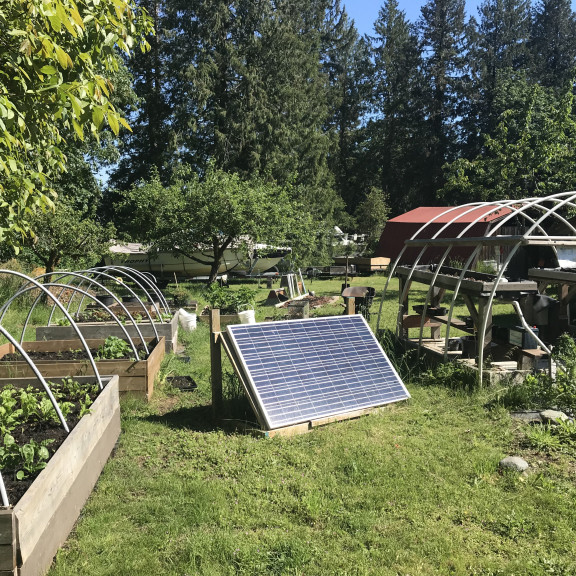50p

Our School Garden
Not every school offers hands-on classes like environmental sciences, and even fewer schools have access to a garden for students to learn agricultural skills and to be able to get their hands dirty in the soil. Brentwood students are fortunate to have access to a plot of land with a number of garden beds and a fully operating aquaponics system located just a five minute walk outside the campus gates.
“The school garden is a place where teachers of biology, environmental science and chemistry can have students explore a wide range of topics such as soil science, plant growth and the invertebrates like bees that are essential parts of an ecosystem” said Mr David McCarthy. I am very fortunate to have Mr McCarthy as my AP Environmental Sciences teacher, and during this class we spend several hours a month taking care of the garden by watering and transplanting different greens such as kale, lettuce, beets and much more.
The garden, however, is not only used for producing food. For the past couple of weeks we have spent significantly more time there working on our final end-of-year project. Agricultural practices is an under-taught subject amongst our generation, and very people few people have knowledge in this field of study. So to have access to these practices and be interacting at this level is a very valuable experience for the students that are able to get their hands a little dirty.
“The garden is a great way for us to get outside and learn practical life skills that are not taught in the classroom. It is also interesting to learn when to plant greens in the spring and what crops can survive through the winters” observed Maxton A.
One feature of our garden that is not a widely used farming technique is the aquaponics system. Aquaponics is a watering system that is filtered through a pond or tank with live fish. The fish waste provides nitrogen and phosphorus which are some of the key components for plants to thrive. In return, the plants filter the water and keep it clean for the fish. Aquaponics is a very sustainable way of farming as the water is constantly being recycled meaning the plants almost never require you to add more water.
The garden is a very valuable resource to have at the school. It is a fun to get outside and work with your hands and it is also very informative to physically be able to watch plants grow over the school year and see their productivity depending on the state of the soil, instead of just reading about it in a textbook.
Noah H, Privett ‘19